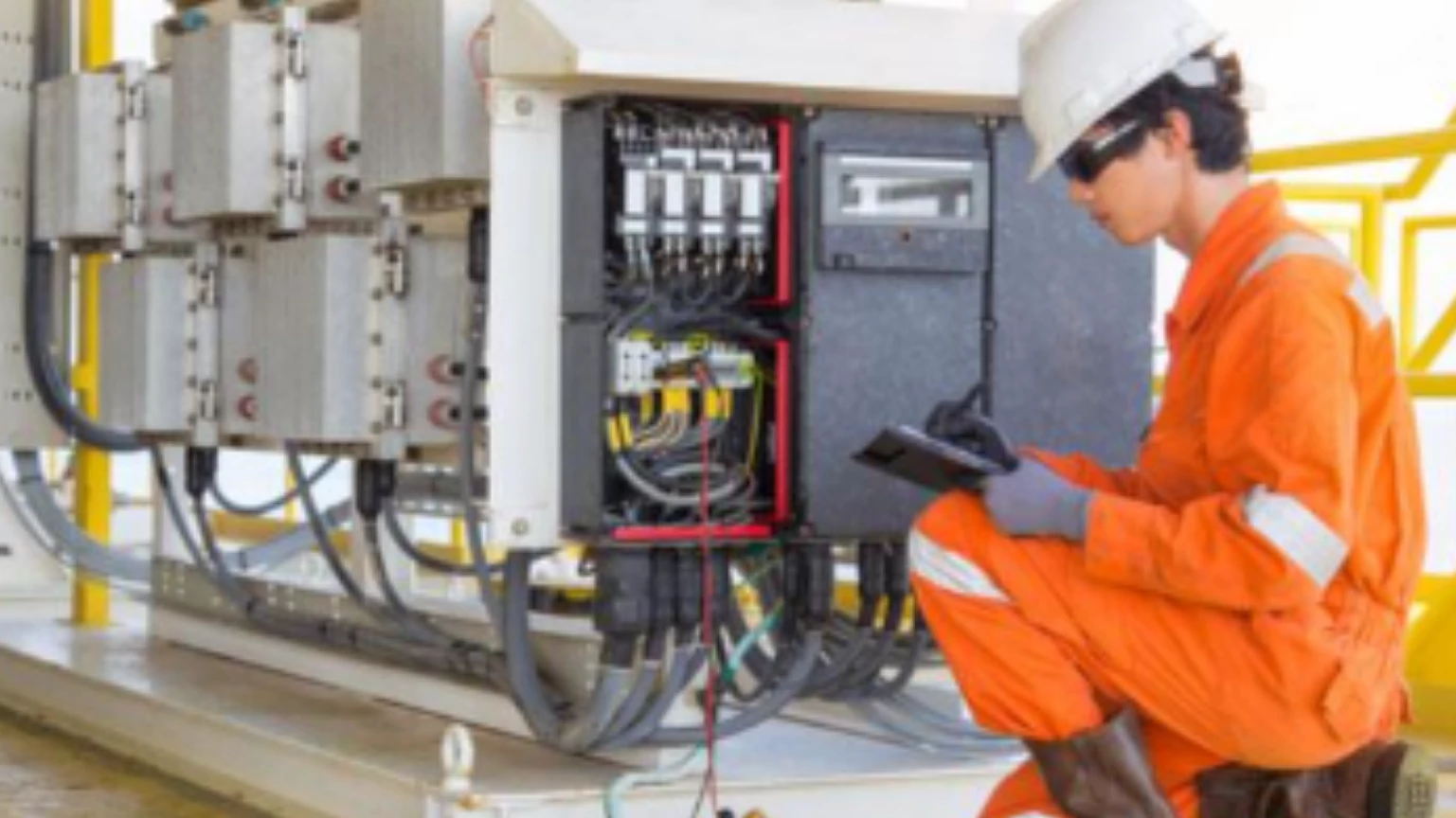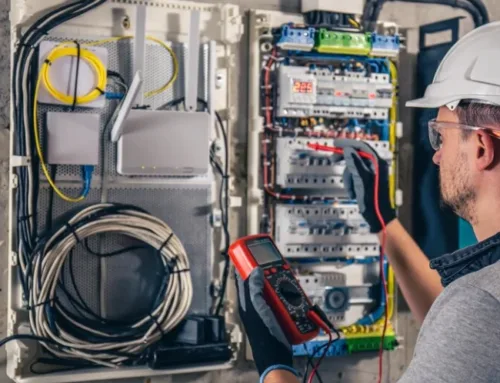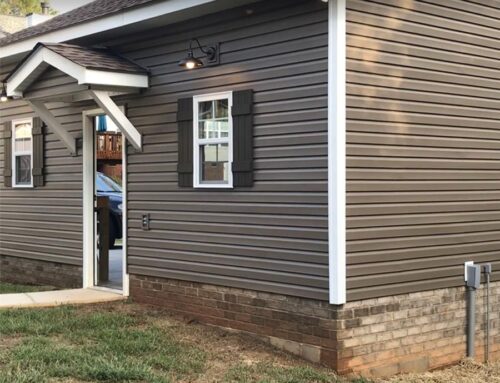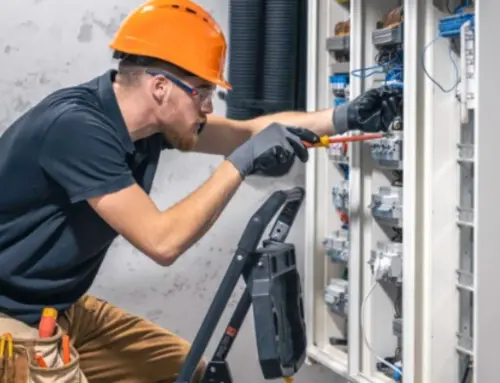Spring is the season of fresh starts. We throw open the windows, clear out the clutter, power wash patios, and bask in the mild sunshine that finally breaks winter’s hold. But as the flowers bloom and routines shift, something else begins to creep in unnoticed—an invisible power drain that slowly but surely increases your energy bills.
Most homeowners don’t realize it, but springtime habits can quietly wreak havoc on appliance efficiency. It’s not just the weather warming up; it’s the sudden change in how we live—more laundry, more outdoor time, more temperature swings, and more strain on your home’s hardworking machines.
While the thermostat may not be cranked like it is in the dead of winter or peak summer, spring brings its own unique load to your appliances—and your energy consumption. Here’s how this quiet season can make a big impact on your electricity bill and what to watch out for.
How Do Seasonal Routines Influence Home Energy Consumption?
We tend to think of energy usage in extremes—blistering summers with the AC running 24/7 or frigid winters where the furnace never stops humming. But the real stealth season? Spring.
The transition into spring often introduces a mix of routines that, although well-intentioned, end up causing energy consumption to creep upward.
Here’s how your spring habits influence your home’s power usage:
- Opening windows and doors more often: It sounds eco-friendly, but letting in that spring air can throw off the balance of HVAC systems, causing them to cycle more often—especially if temperatures fluctuate throughout the day.
- Spring cleaning frenzies: From running vacuum cleaners and steamers to powering through multiple laundry loads, the “spring reset” pushes appliances into overdrive.
- Outdoor prep: Lawn tools, power washers, garden equipment—many of these are electric or battery-powered and add to the draw.
- Entertaining season begins: More backyard barbecues, guests, and evenings spent outdoors mean fridges, dishwashers, and lighting systems are working overtime.
Your home doesn’t know it’s a “milder” season—it just sees more activity, which equals more power.
What Common Spring Activities Increase Appliance Usage Without Notice?
It’s not just the thermostat that drives energy use. It’s the collection of daily habits and rituals that, when added up, create a surprising drain on your energy grid. And during spring, we tend to do a lot more without even thinking about it.
These are the hidden springtime habits that sneakily increase appliance usage:
- Laundry Overload: Spring means muddy shoes, rainy-day outfits, and lighter clothing worn more frequently. Add in comforter washing, curtain cleaning, and rug refreshing, and your washer and dryer barely get a break.
- Dishwashing Spike: With more time spent outdoors or hosting guests for spring holidays and parties, dishwashers run more frequently, especially after meals eaten outside.
- Garage and Tool Use: Spring DIY projects like fixing the fence, tuning up the mower, or reorganizing the garage often involve power tools and shop vacs that suck up electricity.
- Refrigerator and Freezer Load: Stocking up for cookouts? Keeping drinks cool in the garage fridge? Opening the main fridge more often with kids home on spring break? All of this causes the compressor to work harder.
- Vacuuming and Deep Cleaning: Suddenly, you’re vacuuming more—dirt, dust, pollen, pet hair, and the mysterious debris that accumulated over winter all require attention.
- Space Heaters and AC Confusion: Spring’s moody temperature swings lead some people to run a heater in the morning and the AC in the afternoon—sometimes in the same room.
What’s tricky is that none of these things seem like major offenders individually. But together, they create a compound effect, leading to higher-than-expected energy use.
Can Weather Changes Affect The Performance Of Household Appliances?
Absolutely. While your appliances are designed to operate within a wide range of environmental conditions, changes in temperature, humidity, and air pressure can directly impact their performance—especially during the inconsistent climate patterns of spring.
Here’s how spring weather plays its part:
Temperature Swings
- Warm days and cool nights can confuse thermostats and HVAC systems, leading to inefficient cycling that overworks both heating and cooling components.
- Refrigerators and freezers in garages or basements may struggle to maintain internal temperatures if the surrounding area fluctuates wildly.
Humidity and Moisture
- Higher humidity (hello, spring showers!) can affect both indoor air quality and appliance efficiency.
- Dehumidifiers may need to run more often.
- Washers, dryers, and dishwashers may take longer to dry items or require more energy to complete a cycle.
Air Circulation
- Opening windows to “air out the house” is great in theory but often disrupts temperature sensors and can cause HVAC systems to kick on unnecessarily.
Outdoor Appliance Strain
- Powering outdoor lighting, electric lawn tools, or patio heaters on chillier nights adds an additional, often forgotten, load to your system.
Spring’s unpredictable mix of sun, rain, warmth, and chill creates an environment where your appliances are constantly adjusting—and not always efficiently.
Why Do Energy Bills Tend to Rise During The Spring Months?
It’s counterintuitive. Spring isn’t sweltering like July or freezing like January. So why do energy bills tend to edge higher in what should be the “easy” season?
It comes down to a few key factors:
- Increased Activity: You’re simply using more appliances. Whether it’s hosting, cleaning, or working on home improvement, there’s more going on in spring than during the quieter, bundled-up winter months.
- Shoulder Season HVAC Use: Spring falls into the “shoulder season,” when neither heating nor cooling runs constantly—but both run occasionally. This intermittent usage is less efficient and can lead to more energy spikes than continuous climate control.
- Deferred Maintenance Shows Up: Filters, vents, and seals that weren’t maintained over winter can cause systems to work harder just as spring demands increase.
- Variable Utility Rates: In many areas, spring introduces a shift in billing periods or higher rates due to increased grid demand as people return to outdoor living.
- Appliance Age and Wear: The first major usage after a winter of dormancy (like air conditioners or dehumidifiers) often reveals inefficiencies or faults that impact energy draw.
Spring is a season of transition—for people and appliances. And transitions, by nature, are bumpy.
Awareness Is the First Step Toward Efficiency
Your home is a living, breathing system, and just like your body, it behaves differently depending on the season. Spring may look calm and colorful on the surface, but it’s full of activity behind the scenes—and that means your appliances are quietly working harder than you think.
The good news? A few adjustments and some mindfulness can make a big difference:
- Stay on top of HVAC maintenance before the season fully shifts.
- Use energy-efficient appliances where possible—or service older ones to keep them running their best.
- Adjust habits like laundry scheduling or window usage to reduce strain.
- Consider smart thermostats or timers to reduce unnecessary cycling.
Because sometimes, the biggest energy drain isn’t a broken appliance—it’s a well-meaning habit you didn’t know was a problem.
Reclaim Control Over Your Spring Energy Use with Starnes Electric LLC
Spring is the perfect time to take charge of your home’s energy use, and Starnes Electric LLC is here to help. Our licensed electricians offer full-home electrical evaluations to find hidden drains like outdated panels, overloaded circuits, and inefficient appliances. We also install smart home systems, energy-efficient lighting, programmable thermostats, and surge protection to keep your home running smoothly.
Whether you’re aiming to lower your utility bills or prep for summer demand, we’ll help you upgrade safely and efficiently. Ready to power smarter? Call Starnes Electric LLC today to schedule your energy-saving consultation!






